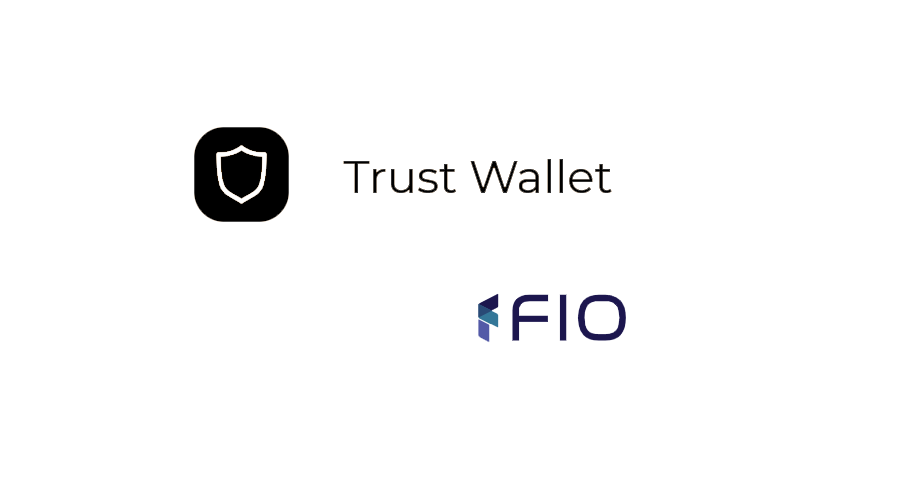Atomic Wallet, a decentralized multi-currency wallet that uses atomic swaps, today announced it has joined the Foundation for Interwallet Operability (FIO).
As the newest member of FIO, Atomic Wallet joins a consortium of 24 other leading wallets and exchanges in the crypto ecosystem, including Enjin Wallet, Binance’s Trust Wallet, BRD Wallet, ShapeShift, MyCrypto, Edge Wallet and Coinomi Wallet.
“Atomic Wallet is honored to join FIO in its mission for crypto usability. We are excited for a decentralized, cross-platform service that will help make lives much easier and more convenient for crypto users, and we’re delighted to be joining such an impressive array of projects in helping achieve mass adoption.”
– Konstantin Gladych, CEO of Atomic Wallet
FIO
The FIO Protocol is a decentralized service layer that enables several major usability features across any blockchain, token or coin. This includes functionality that puts an end to the need for a 64-character gibberish alphanumeric string to transfer crypto, integrated request for payment workflow that virtually eliminates errors when sending crypto, and standardized metadata that provides context for the purpose of a transaction. Future roadmap items include subscription billing, multi-signature routing for security and cross-wallet data visibility.
FIO sits alongside all other blockchains providing a decentralized layer of messaging, communication, and workflow about the sending of value on those blockchains. FIO does not send crypto value—it makes the sending of value on any blockchain better. Additionally, FIO is not a wallet—it enables all wallets to be safer and more user-friendly.
Atomic Wallet
Atomic Wallet is a universal cryptocurrency wallet with decentralized atomic swap exchange. Released in 2018, it now supports any ERC20 and BEP2 tokens with around 100 – 200 cryptocurrencies in a default list, and is available across all major operating systems, including Windows, macOS, Ubuntu, Fedora, and Debian.
The decentralized Atomic Swap Exchange on Atomic Wallet allows users to proceed with cross-chain exchanges while avoiding third party risks. Its strong encryption and custody-free solution mean private keys are encrypted and never leave a user’s device. As it is a decentralized solution, users do not need to engage with platforms that require AML/KYC checks, thereby preserving their anonymity.






















